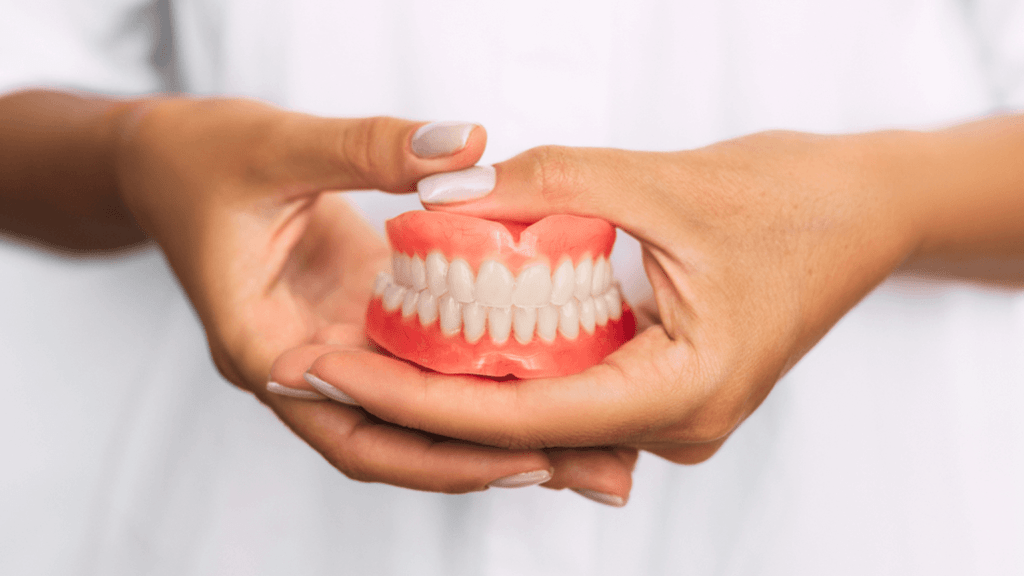Dental Health and Denture Care
Dentures are designed to replace missing teeth and support the natural position of your jaw. Since they’re not actually a part of your body, dentures often have a lower risk of infection and cause no immune reactions. Dentures are detachable dental prosthetics that can help you smile again by replacing missing teeth.
Whether due to gum disease, dental rot, or an accident, replacing missing teeth will improve both your appearance and your health if you’ve lost all of your natural teeth. Airdrie Springs Dental can be your one-stop solution if you have been looking for help with dentures.
How Are Dentures Made?
Patients are placed under an anesthetic while a dentist prepares a mold of their mouth. The mold is then sent to a manufacturer who makes the dentures from materials such as ceramic or plastic. Once they’re made, dentures are polished and treated to prevent them from staining. Finally, they are placed in a mouth and held securely in place with gum-like strips.
Types of Dentures
Your dentist will first inspect your teeth to determine the size, location, and presence of any remaining teeth near the gap in the teeth before recommending the appropriate type of denture. The dentist will also examine the condition of your jaw and any nearby teeth. To learn more and get help with dentures you should visit a professional denture clinic.
Different types of dentures
- Traditional complete full dentures – All of a patient’s teeth are replaced by complete dentures. In contrast to dental bridges that are attached to natural teeth, they rest on top of the gums. Usually, complete dentures are inserted 8 to 12 weeks after the teeth have been taken.
- Partial dentures – Partial dentures replace one or more teeth with a complete set of upper and/or lower dentures that can be removed. They may also be known as “removable” or “denture” teeth.
- Implant retained dentures – Implants are used to anchor the denture instead of the jawbone. This is a growing trend in dentistry. Traditionally, dentures were anchored in the jaw by inserting a screw into a molar tooth, which then grows onto the implant and provides for attachment of the denture. The dentures are fitted to the implant and become a permanent part of the mouth.
- Immediate dentures – Immediate dentures are placed right after your natural teeth are taken out. They may also be known as “temporary” or “provisional” dentures. They are not meant to be worn permanently but will help patients to speak and eat until their other treatment is complete.
Which sort of dentures, out of the numerous that are available, is best for you now that you are aware of them all? How can you figure out which kind of denture will work best for you? Well, a visit to denture clinics in Airdrie can help you
Why Wear dentures?
If you‘re missing teeth, you may be considering getting dentures. To improve the appearance of teeth, restore function, and improve your smile, dentures can be used in conjunction with other restorative procedures. You can have gorgeous, realistic dentures that resemble and complement your natural teeth. Dentures are a popular option for individuals who lack teeth. Here are a few explanations for why you might have to wear dentures.
- Your teeth are loose – This is a common cause for needing dentures. A dentist will take an impression of your teeth from which your custom dentures will be made. If your teeth are loose, it is difficult to get a good impression of them.
- Your teeth are worn down – If you have worn down your natural teeth and chipped them away, you may need to wear dentures. The type of denture that you get depends on what kind of bridges or crowns were used on them in the pre-dental stage.
- Your gums are red, swollen, tender, or bleeding – You may have gingivitis. Gingivitis is a mouth infection that can cause gum recession and expose tooth roots. Another name for gingivitis is periodontal disease. It gets worse with time, so it’s important to treat it early. If you wait too long, your gums will pull away from your teeth, you’ll lose the bone under your gum line, and your teeth will eventually fall out. When periodontal disease and tooth decay are severe, tooth extraction may be necessary. The gums can recover and become pain-free and healthy again once the infected tooth or teeth have been extracted. Denture teeth can fill up the spaces left by their removal.
You are self-conscious about smiling – Dentures can be an excellent solution if missing or severely damaged teeth are the cause of your self-consciousness about your smile. The first step in getting dentures is to get an accurate impression of the teeth in their natural position. Missing or damaged teeth can be replaced with dentures that match the missing or damaged teeth.
How to care for dentures?
In order to keep removable partial or full dentures clean, stain-free, and in top condition, proper maintenance is required.
- Dentures should be removed to clean them after meals. A denture brush should be used and the dentures soaked overnight in water.
- Take care when handling your dentures. When cleaning, take care to avoid bending or harming the plastic or the clasps.
- After taking off your dentures, brush your mouth. When brushing your natural teeth, use a soft toothbrush or gauze to clean your tongue, cheeks, and the roof of your mouth (palate). If used, clean your gums of any residual denture adhesive.
- Plan frequent dental examinations. How frequently you should go to get your dentures cleaned and checked will be advised by your dentist. Your dentist may evaluate the lining of your mouth to make sure it’s healthy and help ensure a correct fit to reduce slippage and pain.
How Much Do Dentures Cost?
The cost of dentures depends on the type of dentures being purchased, the number of teeth lost, and the method of restoration. In general, the cost is based on four main factors:
In terms of tooth loss, one-step partial dentures are less expensive to replace than full crowns or dental implants. Also, if you wear only a few teeth at a time, it is less expensive. Dentures such as single-molar or multiple-molar dentures are much more expensive to replace than partial dentures. However, the cost will depend on how many teeth have been removed and whether any false or real teeth have been retained by them.
What Should I Consider When Getting Dentures?
Things you need to know before getting dentures:
1. Dentures need cleaning at least twice daily- Use a soft brush and toothpaste to gently scrub the surface of the dentures, or soak them overnight in a solution of water and baking soda. (Denture wearers should also use a toothbrush to clean the areas around their gums.)
2. If you wear dentures, you should avoid eating hard and tough foods, as well as sticky, chewy foods that are more difficult for dentures to chew. Also, be careful not to over-chew your food; eat smaller portions instead.
3. Avoid hot beverages, smoking, and alcoholic drinks. They may damage your dentures and cause irritation and discomfort around your mouth. If you are old enough, use mouthwash and toothpaste regularly to keep your breath fresh.
When to talk with a dental professional?
It’s important to talk to a dentist if you see any of these signs:
– One or more teeth are missing
– Unable to eat some kinds of foods
– Gaps between the Teeth or Unstable Teeth.
– You have a chronic toothache.
– You have red, swollen, or bleeding gums.
Schedule Your Appointment Today with Airdrie Springs Dental for Denture in Airdrie, Alberta
If you are looking for affordable dentures near your location, or dentures in Airdrie, you don’t need to worry now.
Airdrie Springs Dental provides dentures for missing teeth. Our Airdrie Dentist can give you the information you need and walk you through the steps. They will ensure that you are at ease with the treatment approach and offer straightforward recommendations and advice.
Get ready for a whole new dental experience today. So, what are you waiting for? Schedule an appointment with Airdrie Springs Dental today!
About Our Dentist
Dr. Hubert Ng, D.M.D, has been part of Airdrie Springs Dental since 2007. He completed his undergraduate studies at the University of Calgary with honours in Biological Sciences and Commerce. He has completed comprehensive training in orthodontics and Invisalign, oral sedation, and sleep apnea medicine. Dr. Ng believes in educating his patients and keeping them involved with their care every step of the way. He finds it extra rewarding when patients reach their goal of comfort and confidence in their smile and oral health.


